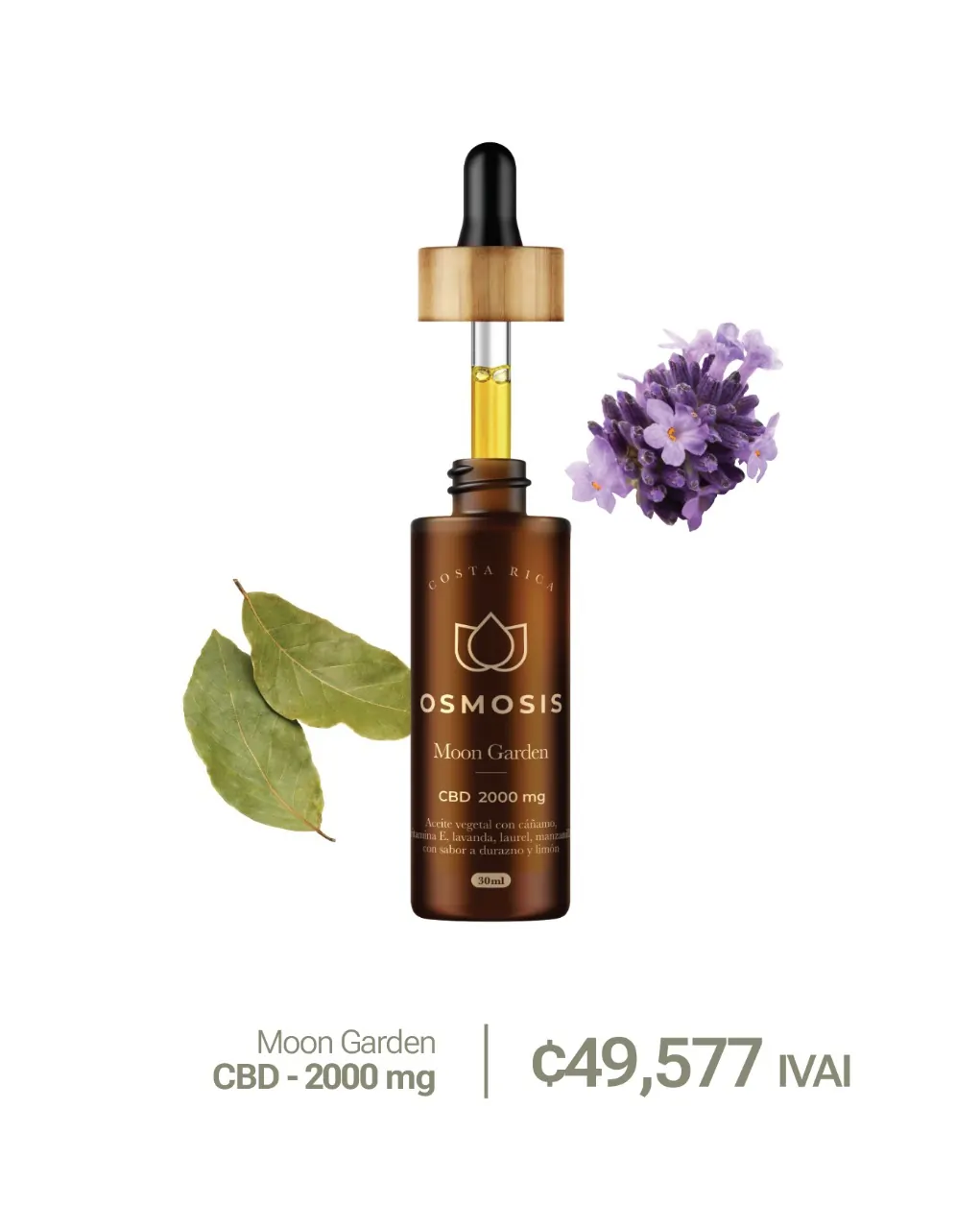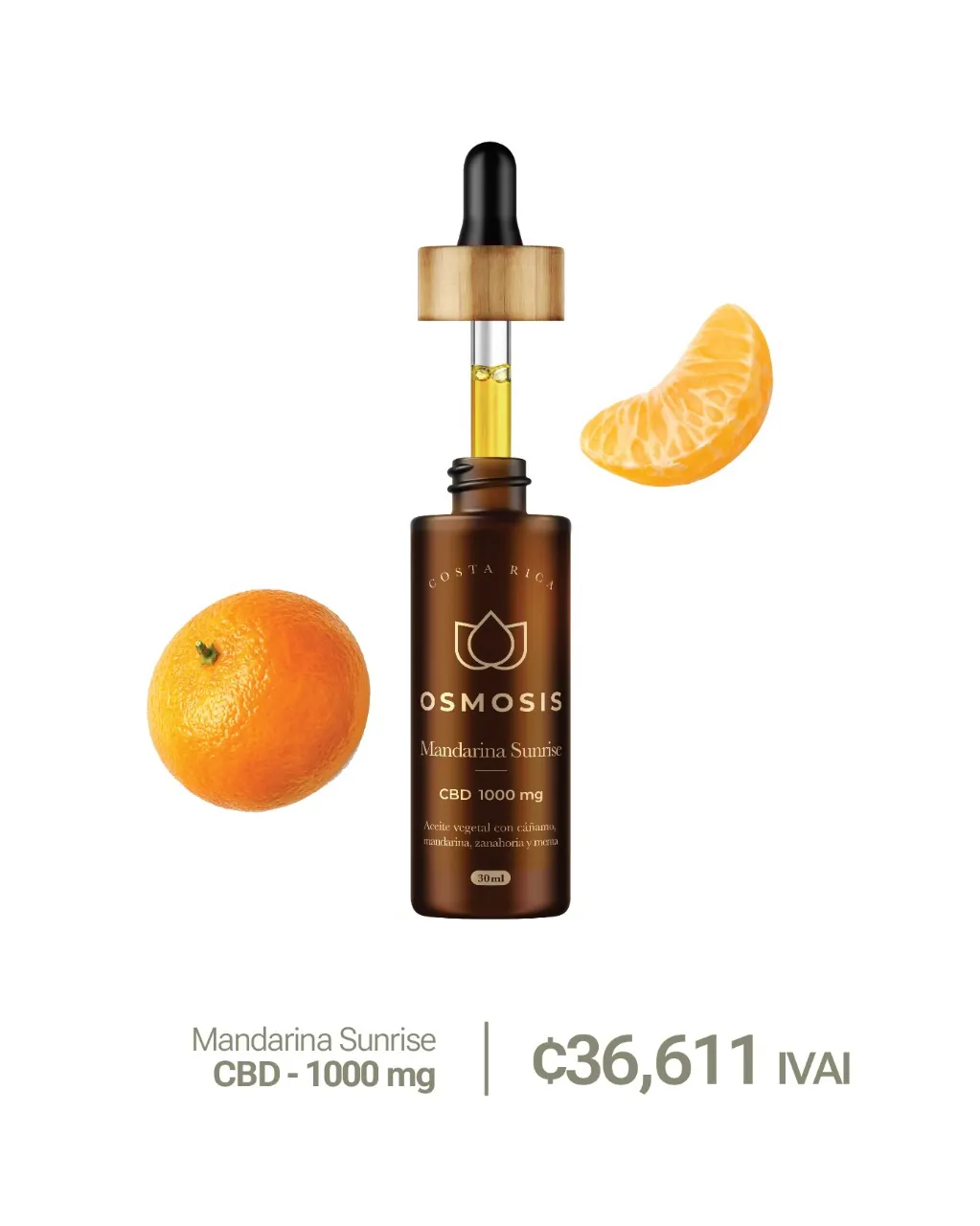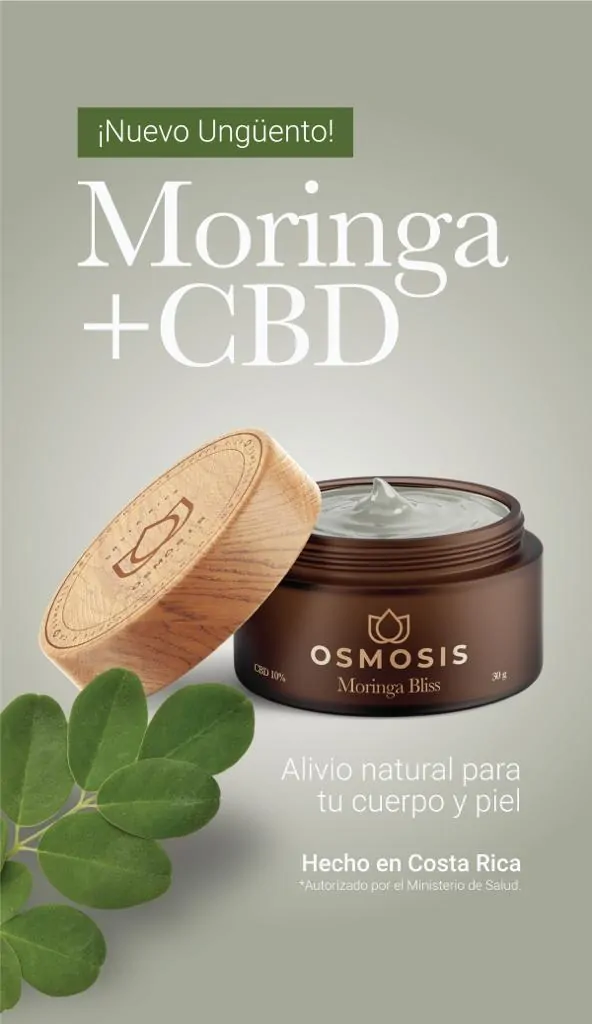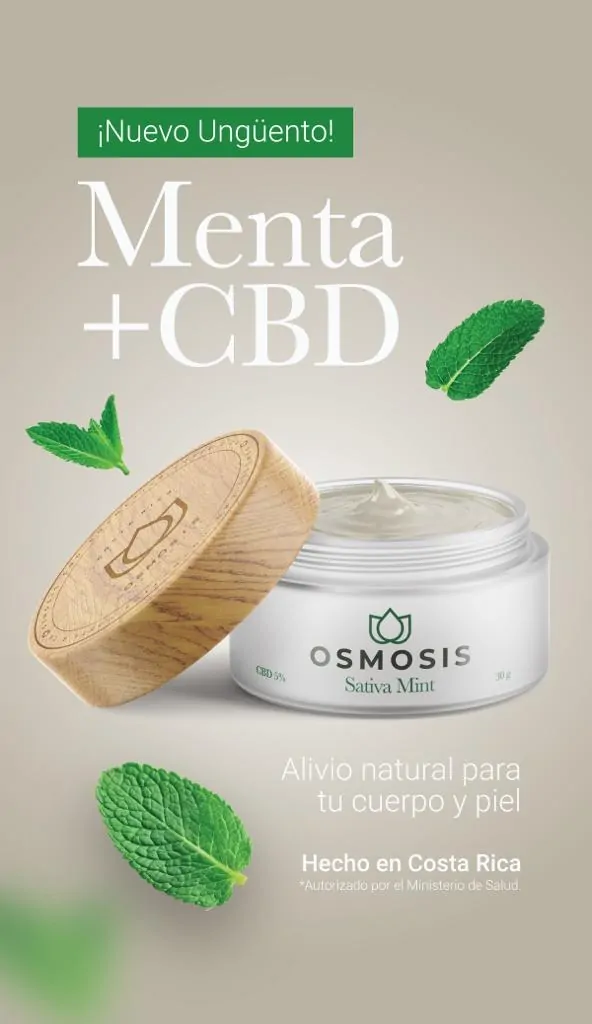A bill of law that would regulate the national medical and recreational cannabis market in Mexico is now ready. This text of the law that was elaborated through a joint work with all parliamentary groups is intended to seek a social change towards peace.
Among its objectives are “to solve the consequences of problematic use and reduce the incidence of crime linked to drug trafficking, promoting peace, security and the well-being of individuals and communities,” says the bill.
For this, the law proposes to create an institute in charge of issuing permits and licenses for medical and recreational consumers.
This institute will be called the Cannabis Institute for the Pacification and Reconciliation of the People, and will also be an organ attached to the Ministry of the Interior (Segob).
This body will be responsible for the control and regulation of all activities from storage marketing, harvest crop, consumption, distribution, packaging, labeling, export, import, growing and storage.
The sale and legal consumption will be exclusively for people over 18 years. Citizens who want it will be able to access cannabis through associations of up to 20 members and may have permits of up to four flowering plants at most.
Permits may be revoked if smoked in public spaces and in front of minors. For them, the law creates penalties of up to almost $700,000 pesos for breaking the law and the suspension of the license or permit.
All regulated business activities must pay fair taxes with respect to the paid salary they perform.
With these taxes, the law seeks to establish mechanisms to strengthen public health policies that facilitate the social integration of rehabilitation and treatment of people with problematic use of cannabis and other drugs.
The law emphasizes that the objective is to promote “peace and social security, contributing to the decrease of the illegal psychoactive cannabis market and with it organized crime.”
Distribution of marketing licenses
The opinion circulated by the health justice and legislative studies commissions chaired by Julio Menchaca and Miguel Ángel Navarro propose that 80% of the legal business is delivered to the indigenous and rural communities that have been affected by drug trafficking.
The other 20% would be delivered to the private and pharmaceutical sector.
Given this news, the coordinator of the Morena party and president of the political coordination board Ricardo Monreal said that there have been pressures from social and pharmaceutical groups on the issue of concessions.
This reason led the Senate on Monday to request an extension to calmly analyze this whole issue.
“The law already establishes a mechanism but the concessions for sowing cultivation, commercialization and sale are still under review. Also the interests of the pharmaceutical industry and the interests of the laboratory industry of all kinds for recreational, therapeutic effects; everything is in review, “he said.





